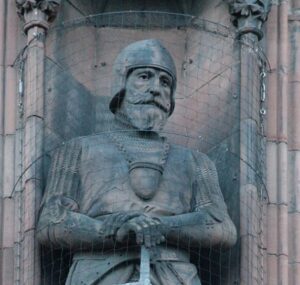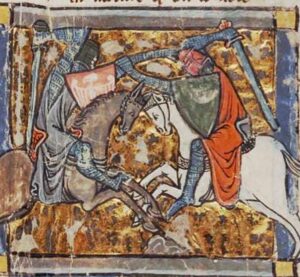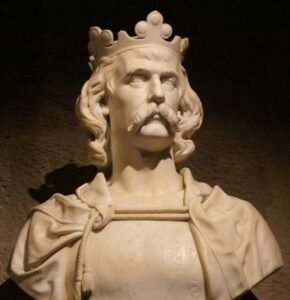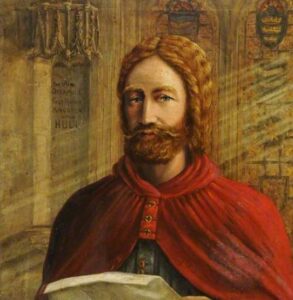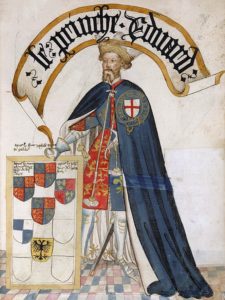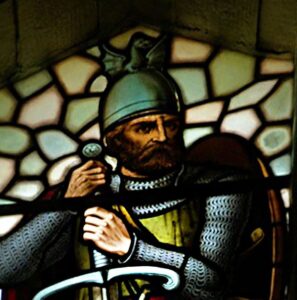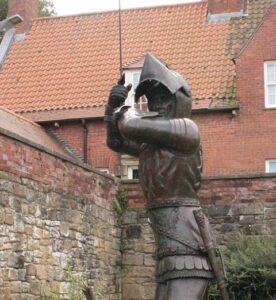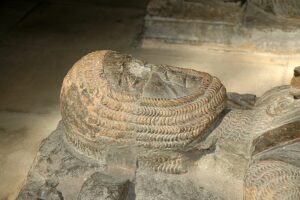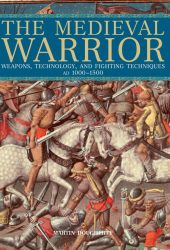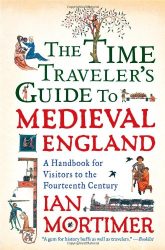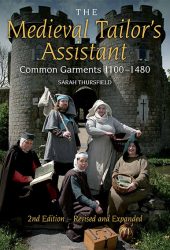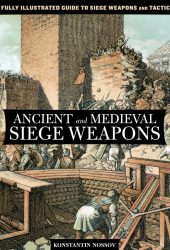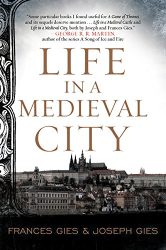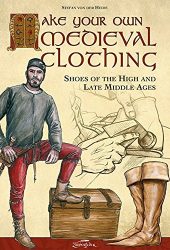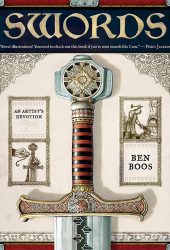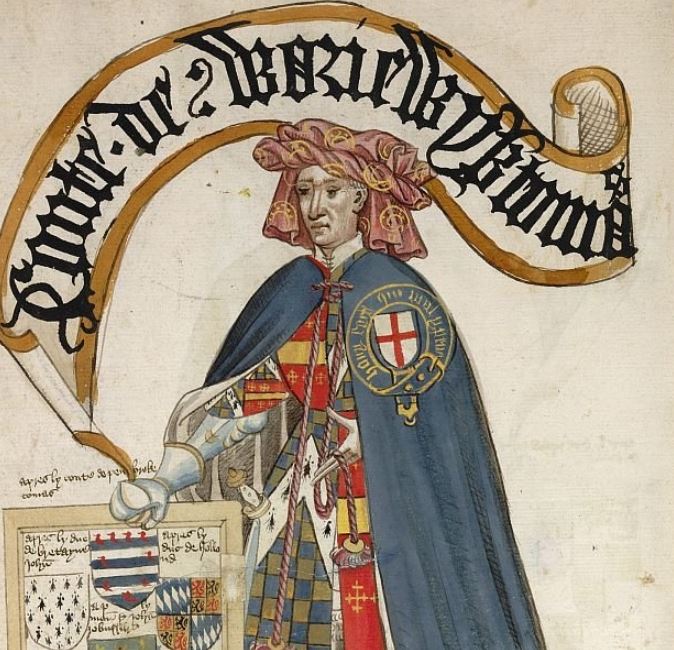
Sir Thomas Beauchamp, the Earl of Warwick, was a prominent figure in medieval England during the 14th century. Known for his military prowess, political acumen, and staunch loyalty to the English crown, Sir Thomas played a significant role in the tumultuous events of his time.
Who Was Sir Thomas Beauchamp?
Born into the esteemed Beauchamp family, Thomas inherited his title and vast estates upon the death of his father, becoming the 11th Earl of Warwick. His early years were marked by military service, and he distinguished himself on the battlefield in various campaigns, including the Hundred Years’ War against France.
Sir Thomas’s influence extended beyond the battlefield, as he emerged as a key political figure in the English court. He served as a trusted advisor to several monarchs, including Edward III and Richard II, wielding considerable power and influence in matters of state.
In addition to his military and political endeavours, Sir Thomas was known for his patronage of the arts and culture. He supported various literary and artistic endeavours, fostering a vibrant cultural scene at his court in Warwick.
One of Sir Thomas’s most enduring legacies is his role in the governance and administration of England. As an astute statesman and diplomat, he played a crucial role in shaping English policy and diplomacy during a pivotal period in the nation’s history.
Sir Thomas Beauchamp’s life exemplifies the ideals of medieval knighthood, characterized by valour, loyalty, and service to crown and country. His contributions to England’s military, political, and cultural spheres left an indelible mark on the course of English history, ensuring his place among the most revered figures of his era.
More Medieval Knights
Medieval knights were central figures in the feudal societies of Europe during the Middle Ages, typically belonging to the nobility and trained in the art of warfare from a young age. Clad in armor and mounted on horseback, knights epitomized the ideals of chivalry, honor, and bravery.

